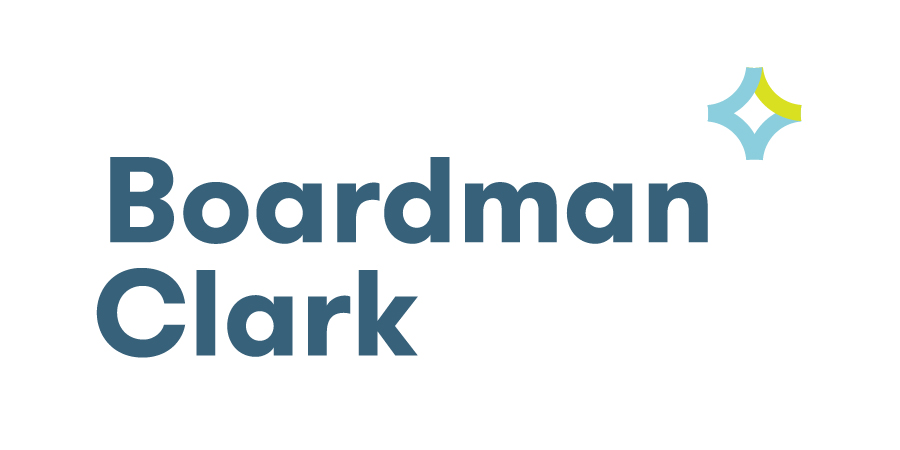When An Accommodation Request Is Not An Accommodation Request
By Storm Larson, Brian P. Goodman & Mai Chao Chang
 Employees are not required to use “magic words” to request a reasonable accommodation under the ADA and state law. However, such requests must generally contain enough information to put their employer on notice of the need to explore potential options. A recent appellate decision provided a rare example of an insufficient accommodation request.
Employees are not required to use “magic words” to request a reasonable accommodation under the ADA and state law. However, such requests must generally contain enough information to put their employer on notice of the need to explore potential options. A recent appellate decision provided a rare example of an insufficient accommodation request.
The court held that an employee did not request an accommodation even though he submitted a note to his employer entitled “Accommodations Requests” which specifically referenced the ADA in its opening message. The actual substance of the note, however, made clear that it was related to generalized workplace complaints and did not make clear that any workplace changes were medically necessary. In fact, the letter never mentioned his medical issues. Instead, the letter stated that its purpose was to “foster a well-running office, based on the principles of mutual respect, clear communication, and . . . well-defined roles.”
On appeal, the court ruled that the employee’s letter was not a request for a reasonable accommodation because it did not identify any medical issue or how the proposals were related to a qualifying disability. Therefore, although the burden of requesting an accommodation is light, the employee failed to meet it here. The fact that the letter was entitled “Accommodations Request” and referenced the ADA did not outweigh the substance of the letter which made no mention of any medical condition and concerned general workplace issues.
While this case is not binding precedent for Wisconsin employers and doesn’t address state law, it illustrates a good point for all employers. The general rule remains true that employees need not use magic words to request accommodations. However, in rare situations, an employee’s request for accommodation might not actually give rise to a legal obligation to start the interactive process for considering an accommodation. Nevertheless, it is important to recognize how extreme the facts might need to be to avoid the interactive process, which they were in this case. Employers should work closely with legal counsel for assistance if they receive a request for accommodations that appears potentially insufficient.
